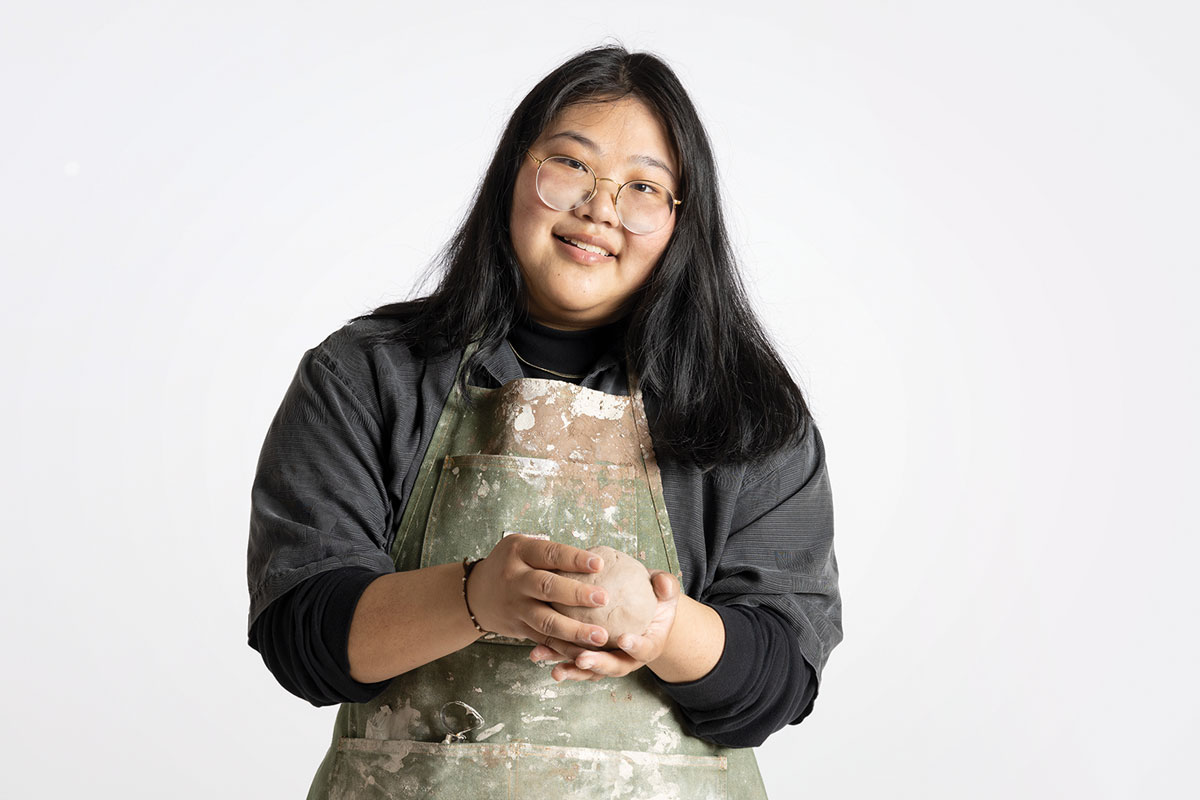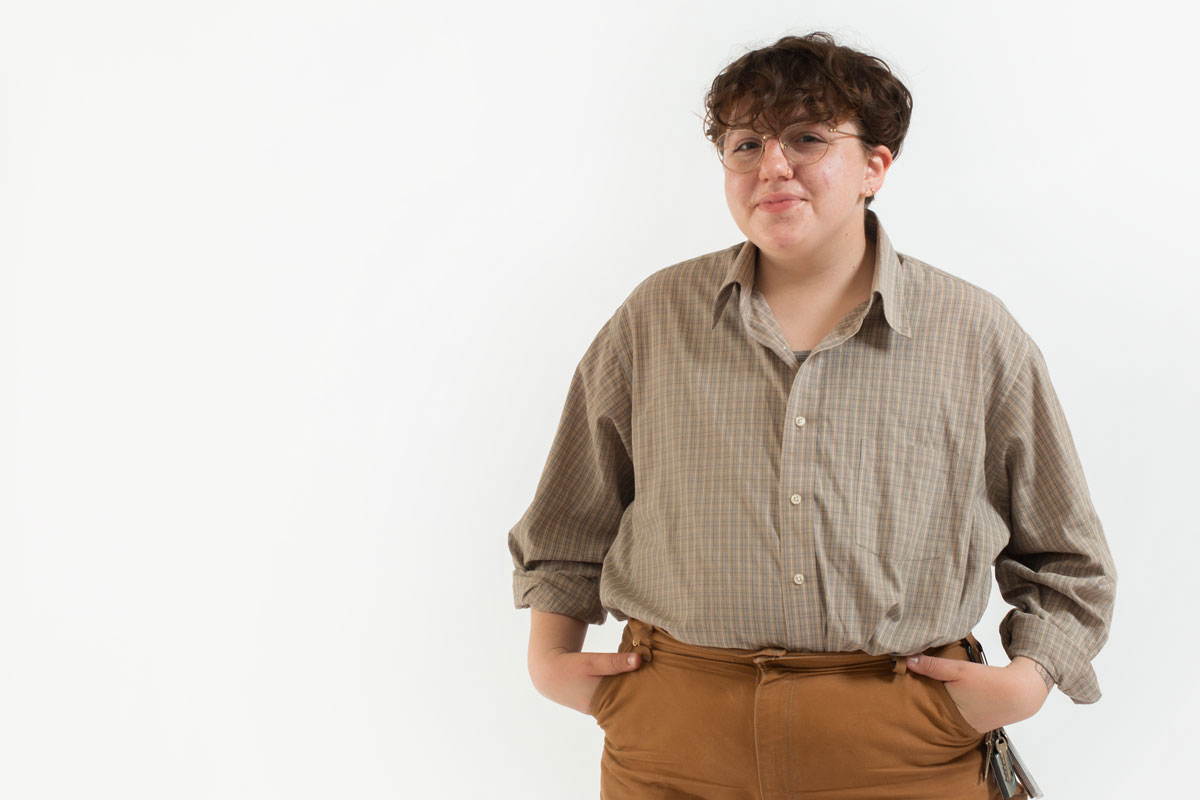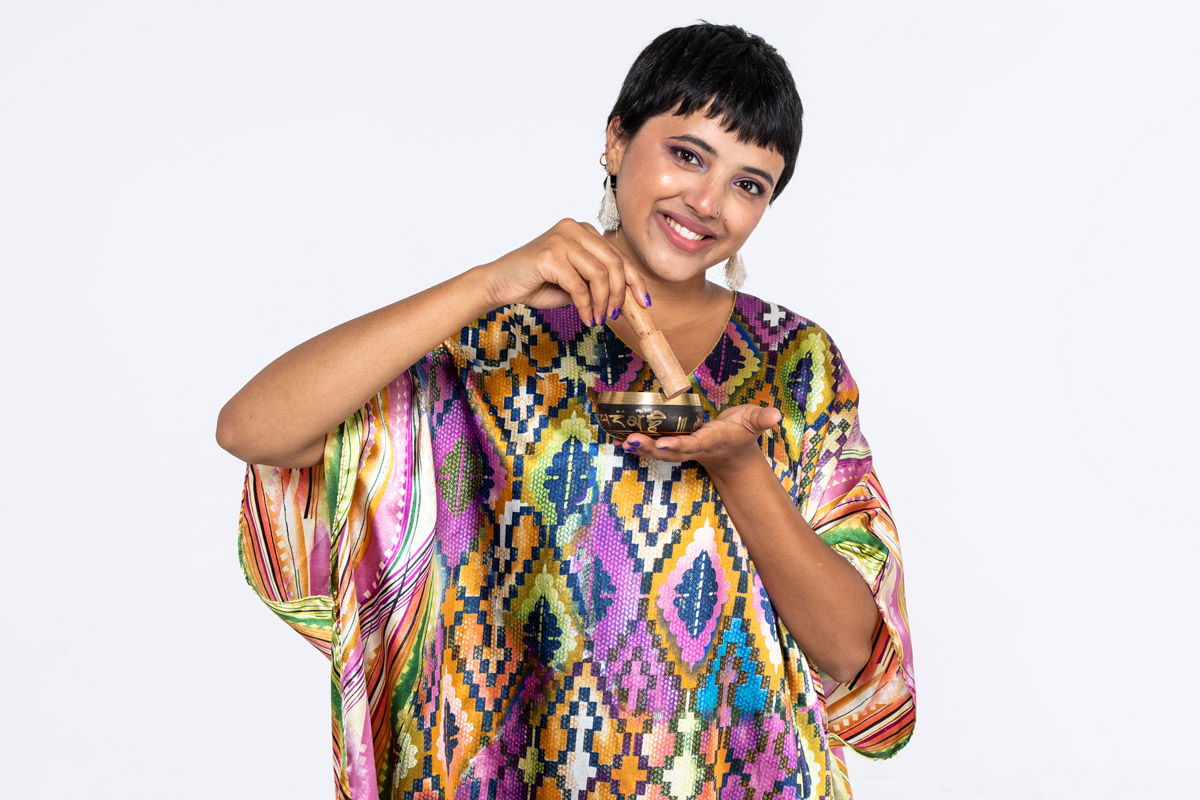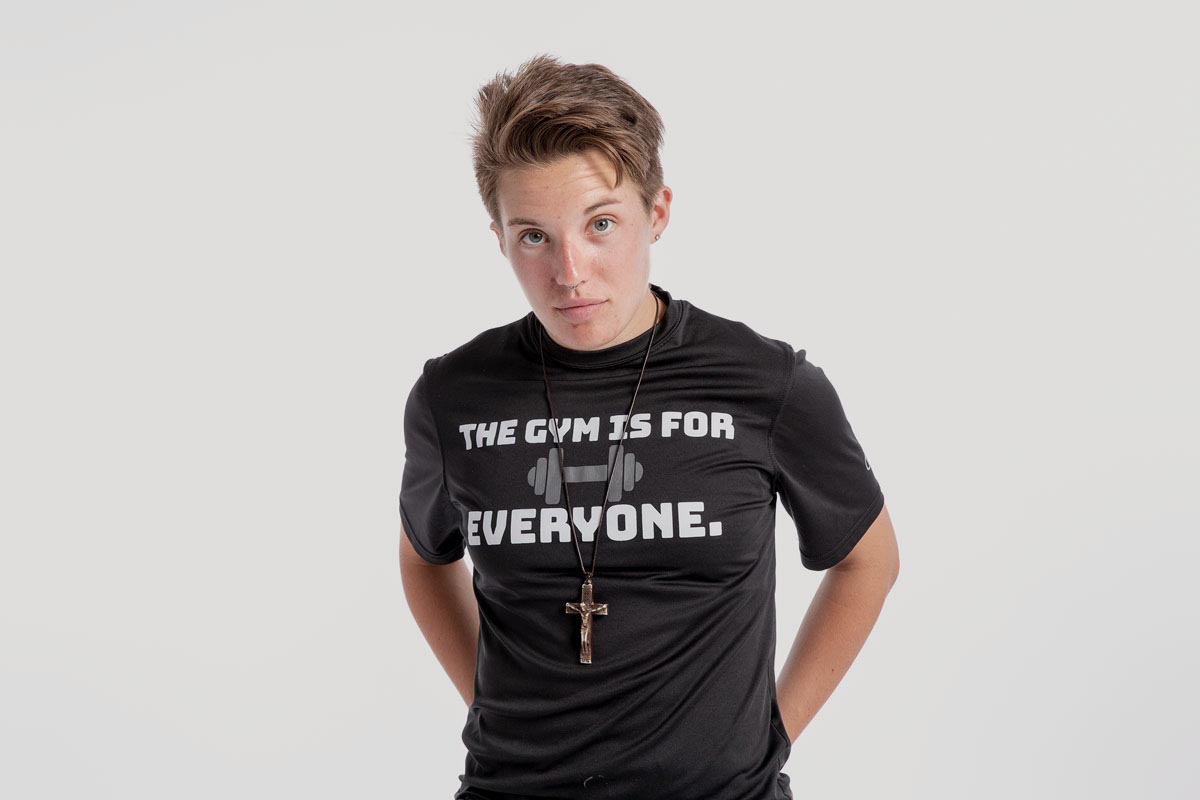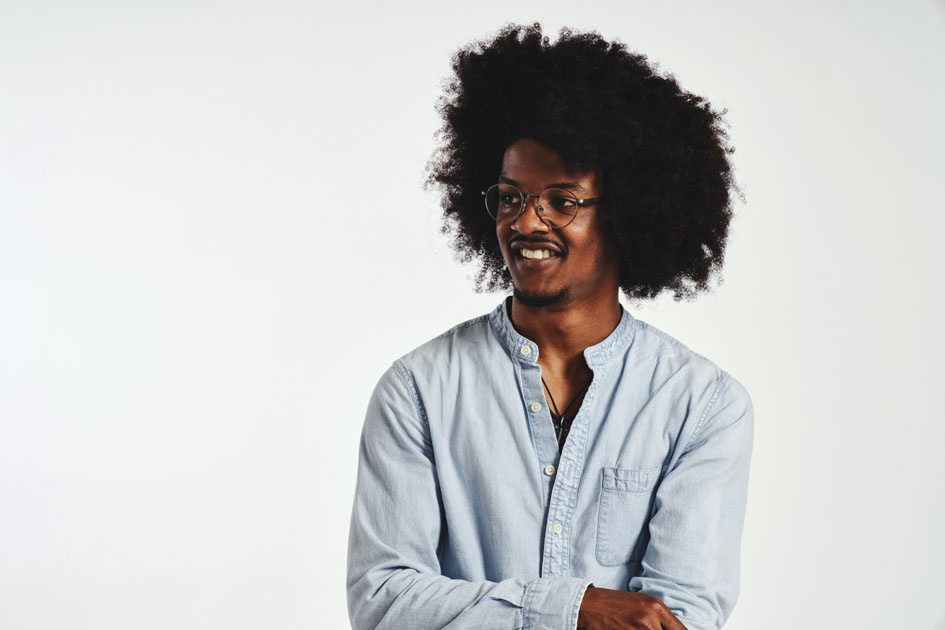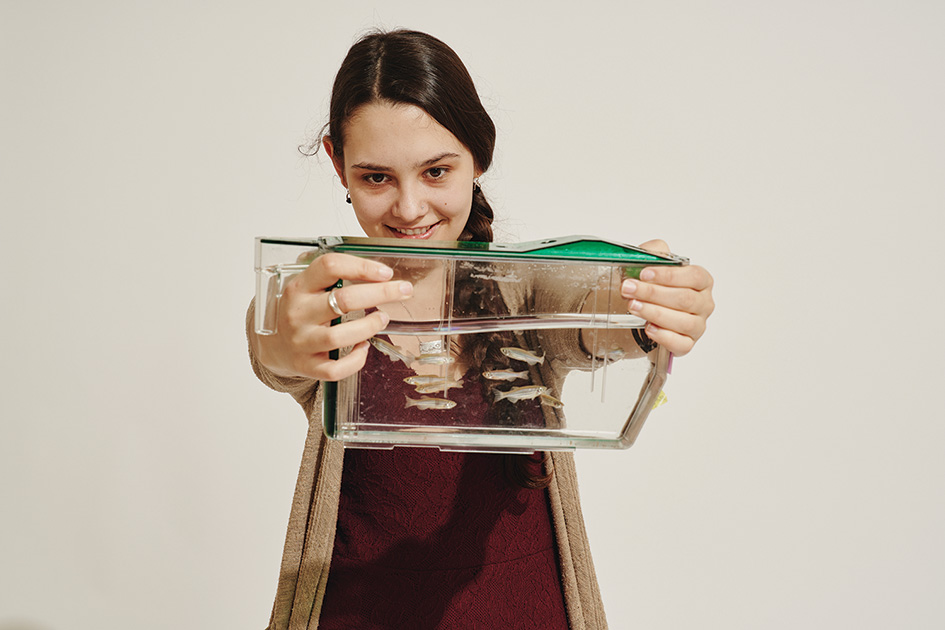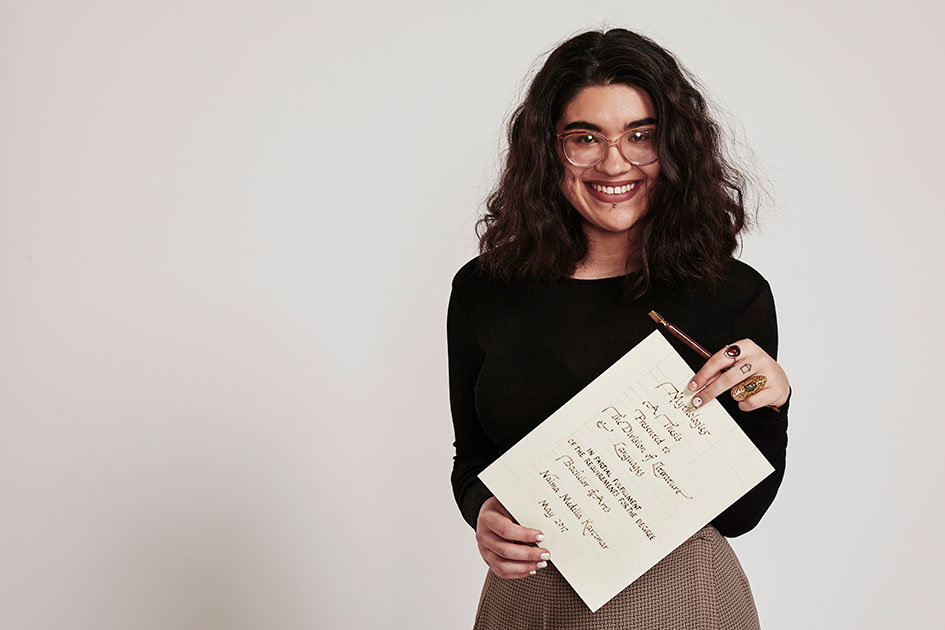What is a Reedie?
What Is a Reedie, Anyway?
Meet twelve graduates from the class of ’23.
What is a Reedie, Anyway?
Meet twelve seniors from the class of ’22.
What Is a Reedie, Anyway?
Twelve grads from the Class of ’21 share their discoveries and adventures at Reed.
What Is a Reedie?
Twelve grads from the Class of ’20 talk about the ideas that ignite them.
